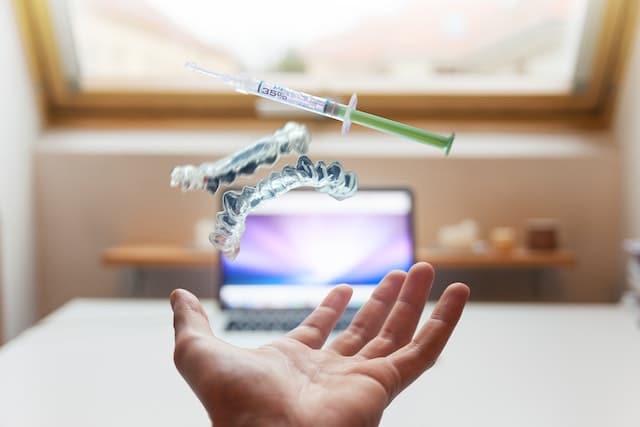
It’s no secret that mental and physical health are closely linked. What many people need to realize, however, is that oral health can have a significant impact on mental health as well. Studies show an interconnectedness between dental care, oral hygiene, and psychological well-being. Poor oral health can lead to depression and anxiety, while good dental care habits can improve overall mental health. In this article, we will explore the connection between oral health and mental health in greater detail so that readers can better understand how important it is to take proper care of their teeth and gums for both physical and psychological well-being.
While the link between oral health and mental health may not be immediately apparent, there is a strong connection between them. Research shows that poor oral hygiene can lead to physical ailments such as gum disease, tooth decay, and bad breath, which can negatively affect one’s overall mental well-being. Additionally, research has indicated that people with psychiatric disorders or other mental illnesses often have higher rates of dental problems than those without mental illnesses. Therefore, it is essential to understand this connection so that proper treatments can be undertaken to improve your physical and mental health.
Benefits of Good Oral Hygiene for Mental Well-Being:
Taking steps towards good oral hygiene can have a positive effect on both your physical and mental health. Good oral hygiene habits, such as brushing twice a day and flossing daily, can help reduce the risk of tooth decay and gum disease. Maintaining good dental hygiene practices reduces your risk for physical ailments and improves your overall well-being by promoting better self-esteem and increasing energy levels and concentration.
Negative Impact of Poor Oral Health On Mental Health:
Poor oral health can affect one’s mental state due to the associated physical pain, discomfort, or embarrassment that may come with it. Additionally, research shows that individuals suffering from poor oral health are more likely to experience depression than those with good oral hygiene. This is due to the fact that one’s level of self-confidence can be significantly impacted by the condition of their teeth and gums.
Treatment for Improved Mental Health:
If you are concerned about your oral health or mental well-being, it is vital to seek help from a qualified dentist as soon as possible. Through regular checkups, proper treatment, and preventive care, your dentist can help improve both your physical and mental health. Additionally, specific dental treatments such as fillings and clear aligners may be beneficial in restoring damaged teeth or crooked teeth, improving one’s self-esteem and overall emotional well-being.
Strategies To Support Your Mental Well-Being Through Dental Hygiene:
In addition to seeking professional help from a dentist, there are steps you can take to improve your oral hygiene and mental health. Regularly brushing twice a day for two minutes at a time, flossing daily, and using mouthwash after each meal can help keep your mouth free from plaque buildup and bacteria that cause gum disease and tooth decay. Additionally, it is important to limit sugary foods, drinks, snacks, cigarettes, or other tobacco products that erode teeth enamel.
Signs That Indicate A Potential Link Between Dental Problems:
Certain signs may indicate the presence of an underlying mental illness in those suffering from dental problems, such as fear of going to the dentist, avoidance of dental visits, not taking care of one’s teeth, or not being able to stick to a dental care plan. If these signs are present, you must speak with your dentist and mental health provider as soon as possible to receive the appropriate help and treatment.
Proper steps can be taken to improve both physical and emotional well-being by understanding the connection between oral health and mental health. Regular checkups with a qualified dentist combined with good hygiene habits can positively affect one’s overall well-being by reducing physical pain, increasing energy levels, improving concentration, and restoring self-confidence. Additionally, any signs indicating a potential link between dental problems and mental illness are present. In that case, it is vital to seek professional help from a dentist and mental health provider.



